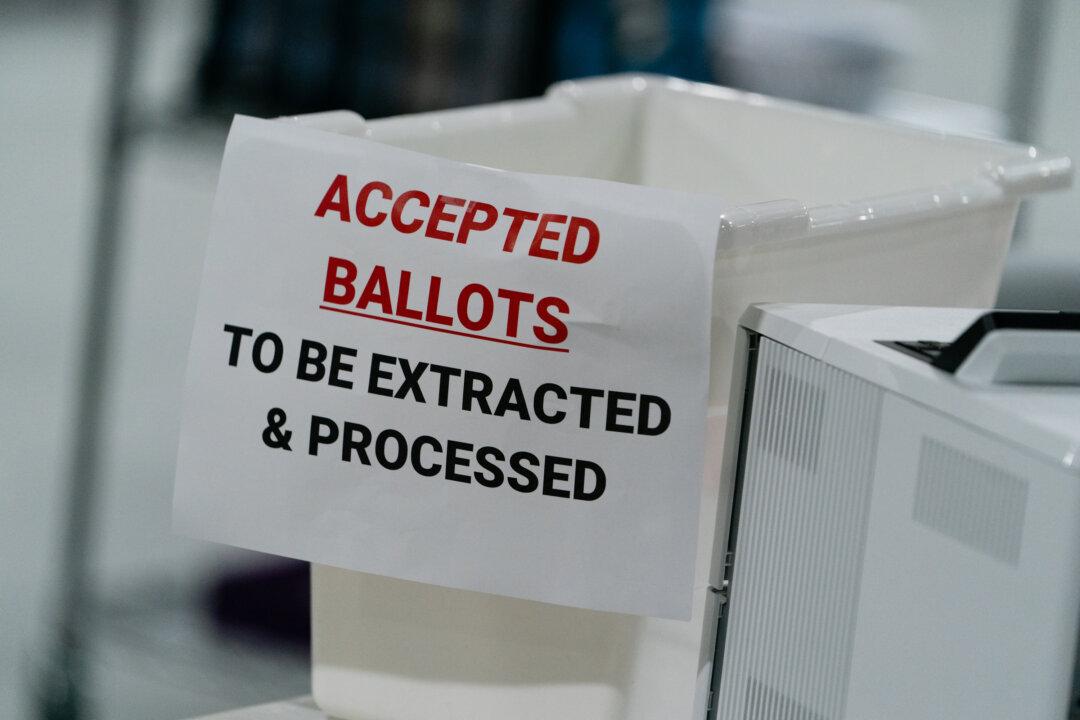Georgia’s elections director sent a memo in November to warn counties that voting machine software wasn’t subject to open record requests as public demand was growing for transparency over Dominion Voting Systems software and other electronic poll book data.
“Multiple counties have reported receiving Open Records Requests asking for data information such as copies of original software for the voting equipment, copies of any software patches performed on Dominion voting machines in the State of Georgia prior to the November 3, 2020, General Election, as well as copies of any thumb drives provided to you containing software or software updates,” the memo from Chris Harvey states.





